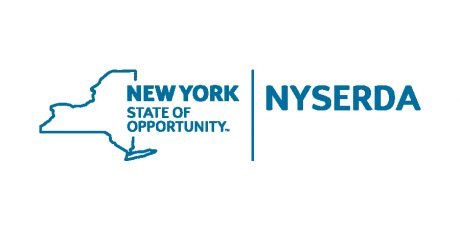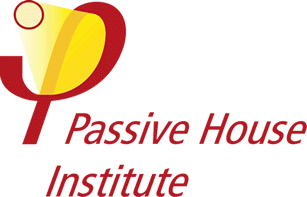
Regenerative Metropolis ’24
September 27

DATE: Friday, September 27, 2024
VENUE: Parsons School of Design, New York
Sponsored by NYSERDA:
NYPH is pleased to announce NYSERDA as a sponsor for our symposium this year, “Regenerative Metropolis,” which will be held on September 27th. Speakers and sessions are being confirmed, and the focus will be on aligning decarbonized architecture with regenerative practices of other large systems such as agriculture, forestry, and urban planning. Please mark your calendars for what we believe will be a hopeful, visionary, and actionable event!
About the Event:

Architecture, at its best, embodies our wisest systems knowledge. It provides for human thriving while integrating within all regenerative systems that support the thriving of all life. Positive feedback loops within this type of infrastructure can ensure that abundance is ever increasing, rather than degrading. How can our cities deploy our best understanding of regenerative stewardship? Can urban architecture support best practices within sibling systems such as agriculture, land use, energy, and ecosystem stewardship?
We have many tools ready to create the regenerative metropolis: all-electric passive house high performance buildings, carbon sequestering materials such as those created from regenerating soils, holistic local ecological stewardship, and low toxicity products that support health along the entire value chain. How do we scale these solutions so they become the norm? Can we design our cities to enable human activity to support these wise circular systems? Can we align climate policy with social justice goals? Please join us as we seek to unpack these topics and discuss technologies, design, material science, un-siloed science, policy, frameworks, and project examples!
Contact us today:
Please hold the date for what we aim to be an inspiring, paradigm probing event! Members are strongly encouraged to reach out to us at info@nypassivehouse.org if you are interested in helping plan the program and event.
Event Team:
- Sara Bayer (Event Chair), Board Member, New York Passive House
- Victoria Yee (Event Vice Chair), Board Member, New York Passive House
- Buck Moorhead, Chair, New York Passive House
- Sebastian Moreno, Board Member, New York Passive House
- Andreas M. Benzing, Executive Director, New York Passive House
- David J. Lewis, Dean, School of Constructed Environments, Parsons School of Design
- Alison Mears, Director, Healthy Materials Lab
- Alexander Aptekar, Public Member





























